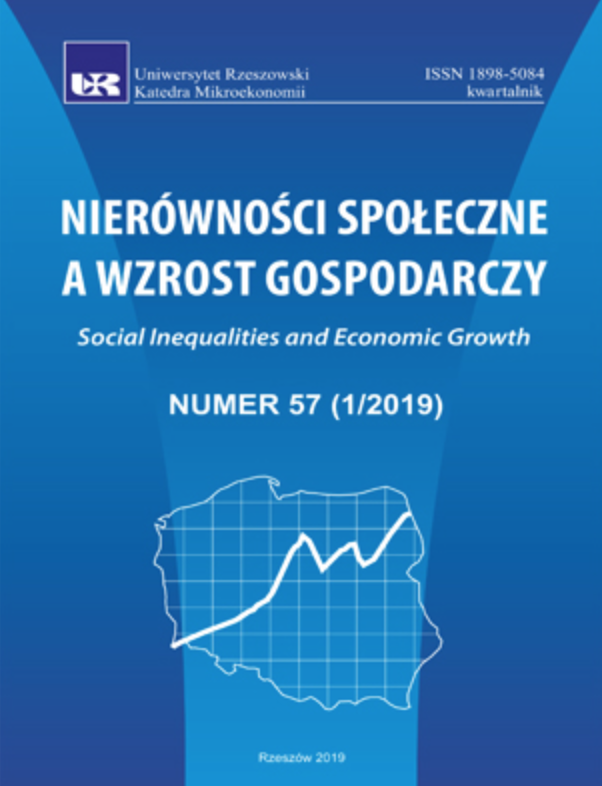The history of the Polish minimum wage based on the theory of measuring human capital and fair remuneration
DOI:
https://doi.org/10.15584/nsawg.2019.1.30Keywords:
minimum wage, human capital, fair remunerationAbstract
Nowadays, remuneration is one of the most important socio-economic issues. It is people and their capital that create the value of a business unit and are the source of its success. According to the theory of measuring human capital and decent wages, human capital is a potential ability to work, work is a transfer of capital to work objects, and remuneration is a payment for work performed in accordance with its value. Good payment of human capital is a guarantee of its reproduction. The Polish minimum wage was introduced for the first time in 1956. Its role in the pay system has undergone numerous changes over the years. However, it has always been a category defining the minimum level of remuneration for work guaranteed by the state. The minimum wage is, on the one hand, securing employees against exploitation on the part of the employer, while on the other hand it can be an obstacle to combat unemployment. The article aims to present the history of the minimum wage in Poland from the beginning of its existence and to examine its compliance with the value of human capital determined on the basis of a contemporary theory of measuring human capital and fair remuneration. The first part of the study presents the history of the Polish minimum wage and contemporary views on human capital and fair remuneration. In the following, in line with the theory of human capital and wages, the Polish minimum wage is calculated and its compliance with the statutory minimum wage is examined. The analytical and descriptive method was used to achieve the goal. The empirical tools used for verification were literature studies and studies and analyses of statistical data.Downloads
Download data is not yet available.
Downloads
Published
2020-11-13
How to Cite
Oliwkiewicz, B. (2020). The history of the Polish minimum wage based on the theory of measuring human capital and fair remuneration. Social Inequalities and Economic Growth, 1(57), 420–431. https://doi.org/10.15584/nsawg.2019.1.30
Issue
Section
Articles
License
Copyright (c) 2019 University of Rzeszow

This work is licensed under a Creative Commons Attribution-ShareAlike 4.0 International License.


